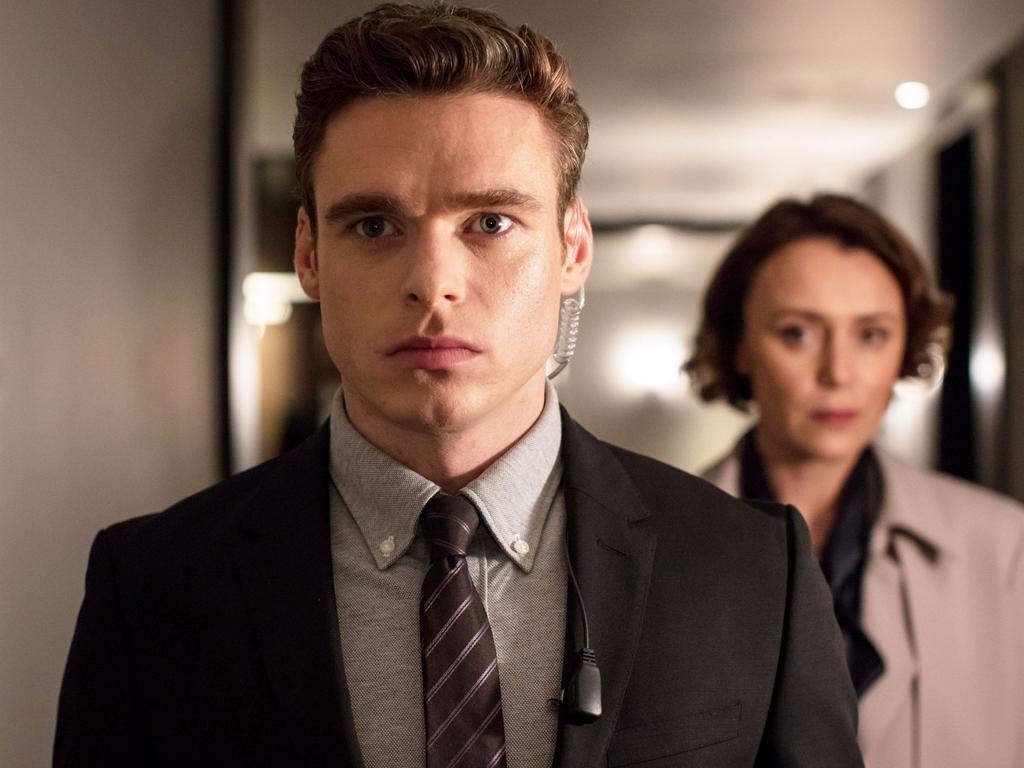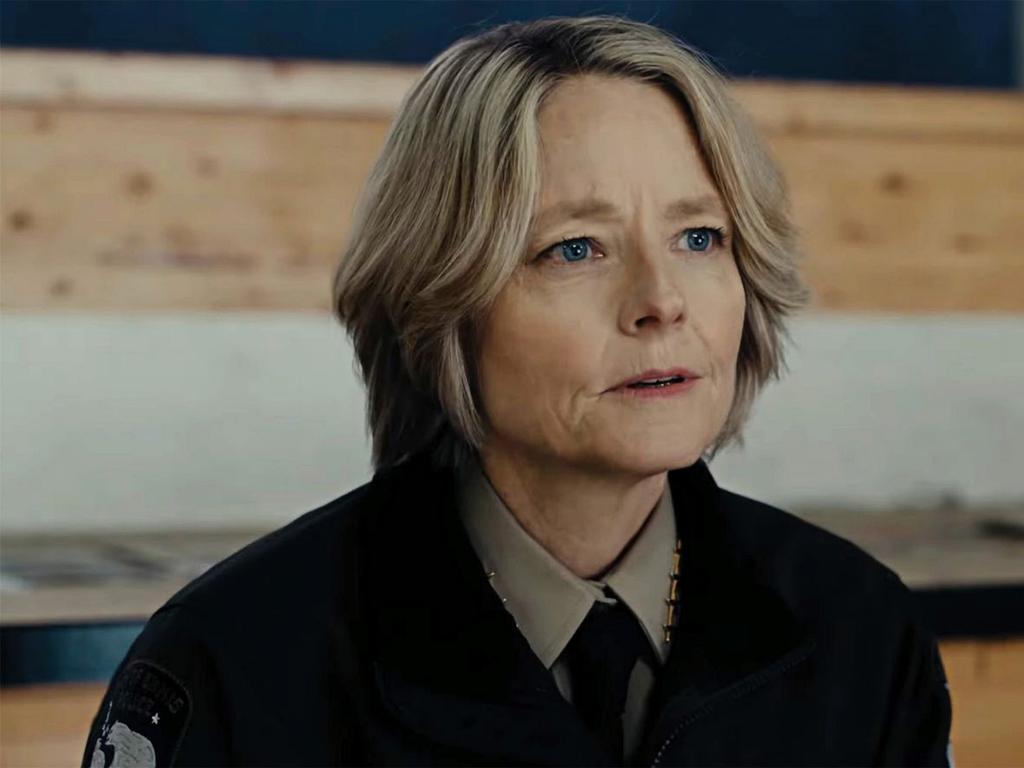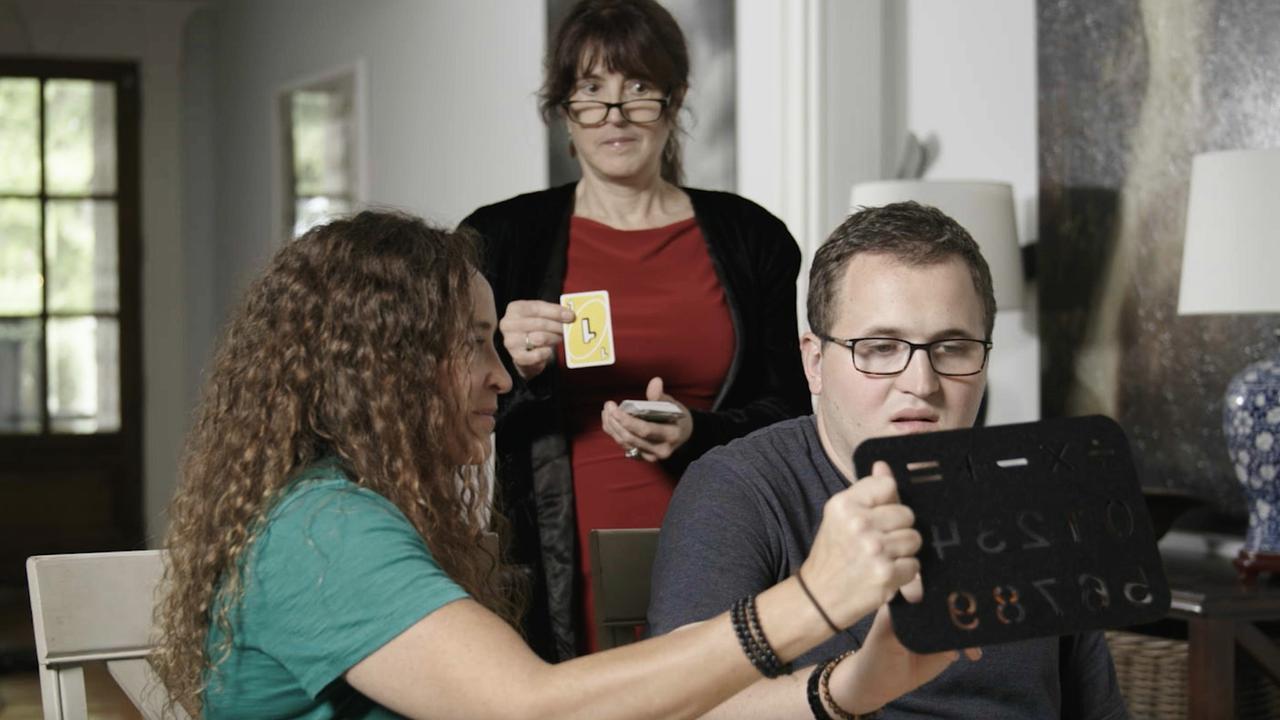Rapman’s Supacell takes superpowers to South London
London-based drama Netflix series Supacell is an original and compelling take on the conceit of superpowers.
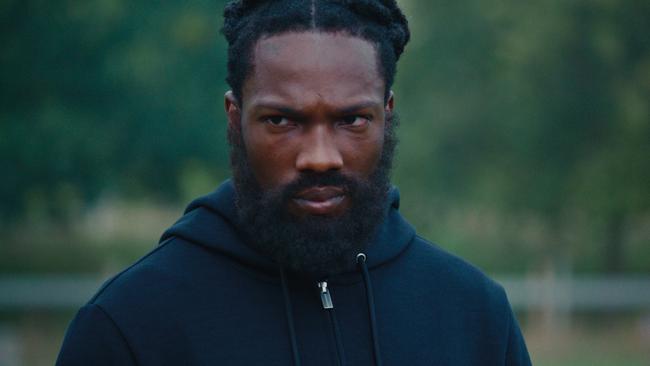
The name Rapman, you might ask? Why is it suddenly one of the most uttered in cultural circles and why is the man who owns the moniker being claimed as one of the freshest, most creative voices in TV?
Well, Rapman is the British musician turned filmmaker, real name Andrew Onwubolu, the first black director and writer to produce an original series for Netflix.
His Supacell not only takes the black experience of South London, a reflection of the city’s evolving cultural identity, but meshes it into the world of sci-fi when a diverse group of young people become mysteriously stricken with a variety of superpowers. Their eyes turn a lurid yellow as they are overcome and transported.
Stricken because what they discover in themselves is more like an affliction than something miraculous. These characters, all battling complex personal crises, quickly discover, with a sense of stupefaction and astonishment, that these powers are somehow mysteriously, supernaturally assigned.
They include superhuman strength, the ability to fly, telekinesis, the ability to become invisible, and control of the space-time continuum.
And those who acquire these skills have nothing in common except they are all from South London.
The series was shot on the ethnically diverse streets and clubs of Peckham, Lewisham, Brixton, and Camberwell, catching the vibrant street culture so intensely you can almost hear the ferocious sizzle of onions from Ghanaian takeaways.
But there’s also knife violence, street crime and dope dealing, what Rapman calls “the gore, with the blood, with the shock factor”. Not to have included them, he says, would have been denying South London’s truth and the way he grew up there. “I wanted it to be a reality,” he says. “I want people to see different experiences of the South London world from the viewpoint of black residents.”
Supacell is now at No.1 in Netflix’s global top 10, with more than 18 million views in its first few weeks on the platform, stealing the spot from the new season of Bridgerton with over 30 million hours watched in its first week. It’s got bigger, too as the word of mouth has spread.
Rapman first came to international notice with his 2019 feature directorial debut Blue Story, a musical crime drama about a couple of young people caught up in postcode gang wars, again based on his experience living in South London. The film, shot on a budget of under $2 million dollars, was a huge hit, the most successful British urban film of all time.
This followed his 2018 YouTube hit series Shiro’s Story, told in a kind of free-form rap and shot “guerrilla style” on a budget of $3000, which grabbed more than seven million views for its first episodes. “This story of love, betrayal and drug violence is what kids watched while their parents tuned into Bodyguard,” the Guardian said.
It was, says Rapman, “written by real people, not by the people you’ve hired who were at Oxford for three years and wrote a great episode of EastEnders.”
If you’re still wondering exactly what “guerrilla-style” filmmaking is, also known as “run and gun”, it’s a clandestine hand-held shooting style done spontaneously without permits, a minimum crew using available light, and small, less noticeable cameras that are usually carried by the operator.
Supacell is also raw and visceral, and unpredictable, propelled by the guerrilla-like energy that characterises Rapman’s earlier films, but with splendid production values, superb photography, and a terrific cast of predominantly black actors. And there’s a fabulous soundtrack from Rapman’s friend and fellow rapper, the prodigiously talented Silkey, complementing and reinforcing Rapman’s futuristic landscape with its syncopated rhythmic patterns and dark tones.
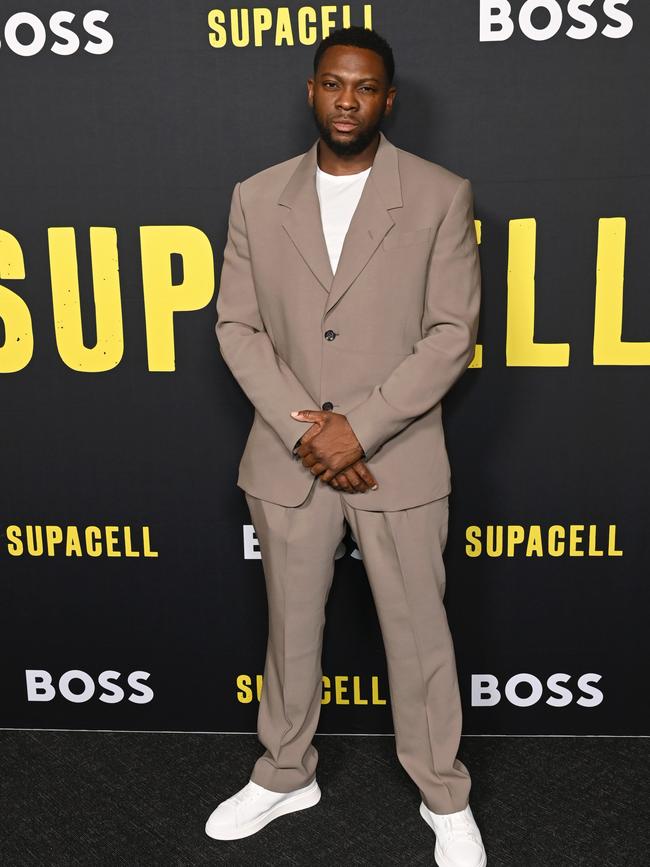
“I always loved the superhero stuff and the original Batman when it was Batman & Robin and the Michael Keaton movies, but they never reflected a reality to me,” Rapman, now a much interviewed celebrity, told Variety. “I remember when I was doing press for Blue Story and I got asked what I wanted to do next and I said I wanted to do a sci-fi in which someone from where we come from gets powers. And that was the first time I’d said it out loud. I didn’t even know it was an idea, I was just riffing.”
But he started writing in 2020, an arduous task – made more difficult by an initial rejection by Netflix after they accepted the project – as he did all six hours without a writer’s room or other writers. “I wrote every episode, and you get notes on every episode,” he says. “It’s like writing six movies, and each one is a process where I write it – the producer comes back with notes, Netflix comes back with notes, and then you have to go back and improve on it.”
His process was simple in the end. He sat down he says and “watched all the shows that inspired me” – like The Wire, Breaking Bad and movies like Goodfellas. The breakthrough came with Vince Gilligan’s long-running Breaking Bad that plays with genre and expectation and explores the subtleties of character against the dynamics of its often-violent social world.
“What’s clear about Breaking Bad?” Rapman says. “We know it’s about a guy who becomes a massive drug dealer to save the family. But if you actually watch Season One, it actually ends with him getting his first customer. And it just made me think, you know what? I need to take this Supacell all the way back.” So this first season is in fact a world-creating, character-establishing prequel. And we wait with anticipation for the next season.
He starts it all off with a frightening sequence in some sort of holding facility. A woman in a hospital gown is trying to escape, running down a series of dark, glowing corridors as metal doors open and close and electronic music throbs loudly. Behind her, men carrying automatic weapons shout, their heavy boots echoing on concrete floors. As they finally corner this woman her eyes turn yellow, and she gestures at a huge metal door in front of her and it violently bursts open.
Then she is shot in the back, her corpse dragged along the corridor, blood leaving a macabre trail as we see other women wailing from what look like cells. It’s a indelible series of scenes that informs what follows, a sense of institutional evil, a nightmarish hue that’s hard to forget. Some sort of miasma is cast over the story that unfolds.
Rapman then introduces his leading characters one by one, beginning with Tosin Cole’s Michael, a delivery driver. He’s a hard-worker in love with his girlfriend Dionne (Adelayo Adedayo), who is also honest and compassionate, witty too and smarter (“I’ve done the maths,” she tells him about whether they can afford a new car).
All he really wants out of life is to cuddle with Dionne on the couch while they watch reality TV shows like Love Island with those glistening, buff-bodied twentysomethings posing in swimsuits. But he’s also anxious about proposing to Dionne, a plot point that becomes crucial to the story. Confronted by a violent street gang, he discovers he can move through time and space.
Andre, played by imposing Eric Kofi Abrefa, is an estranged husband and single dad, constantly in financial strife and is on the run from bailiffs. Sacked when his police record catches up with him, he develops superhuman strength when he destroys an ATM.
Josh Tedeku’s Tazer is the brutal leader of the Tower Boys gang but has a soft spot for his grandmother; a conflicted soul, he develops the power of invisibility. Rod, the engaging Calvin Demba, is an industrious street weed dealer – “I approached everyone with a heartbeat today”, he tells his supplier – who, discovering his power of speed, finds himself lost in Scotland, bewildered and frightened.
And Belinda, the delightful Nadine Mills, is a troubled but compassionate nurse, who looks after her difficult, man-eating sister Sharleen (Rayxia Ojo), who, when she discovers her boyfriend is cheating on her, develops telekinesis, the ability to control physical objects with the power of thought.
Then there is the mysterious organisation that had those young women imprisoned and seems linked to a welfare group called Health and Unity. It appears to be collecting patients suffering from sickle cell disorder, a blood disease common in people of black African and Caribbean heritage. This somehow seems linked to the superpowers.
All is yet to be explained but this terrific TV series is worth the wait. I’ve never been a fan of the so-called Marvel Universe of Superhero movies and their theme park-like storytelling. As Jodie Foster said, “Studios making bad content in order to appeal to the masses and shareholders is like fracking – you get the best return right now, but you wreck the earth.” But Rapman has given us something fresh and original, adventurous and enthralling, and beautifully watchable.
Supacell is streaming on Netflix.



